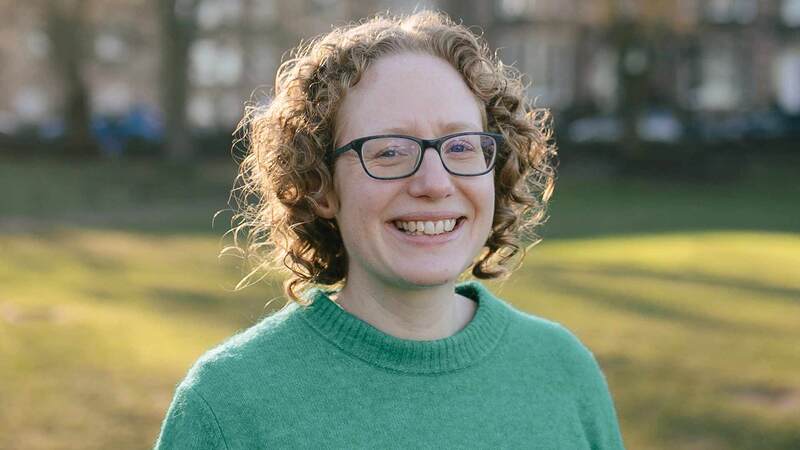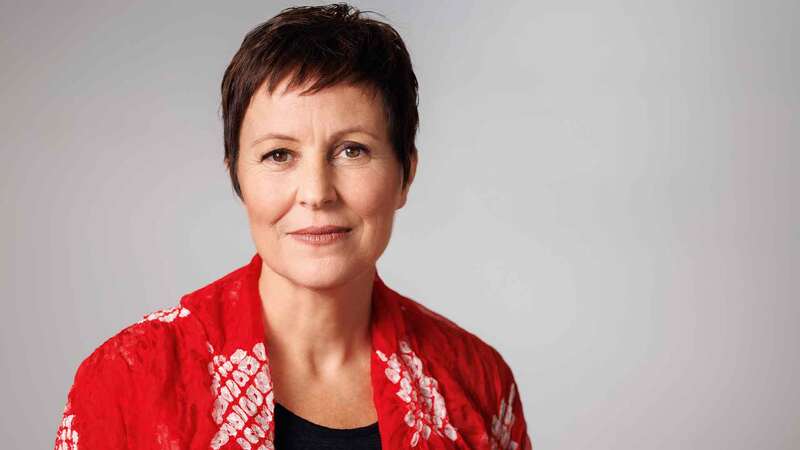You are viewing your 1 free article this month. Login to read more articles.
Jane Morpeth: Against the snobs
A Headline stalwart since its inception in 1986, Jane Morpeth's first purchase as a Headline editor was Harry Bowling's Conner Street's War , closely followed by Dean Koontz's The Watchers . She still has a poster for The Watchers and a photo of Bowling on a shelf behind her: "Hmm, how sad," she muses.
She now works across a wide range of fiction, from the crime thriller factory of James Patterson to the romances of Catherine Alliott and the literary fiction of Andrea Levy.
It is almost a cliché for editors to deny there is a divide between commercial and literary fiction, but Morpeth is infuriated at the snobbery the industry can display. "There is a lot of rubbish spoken about the literary/ commercial divide. Why should the two be mutually exclusive? At what point do you sit down and say this is popular and therefore isn't literary?"
She argues that great authors of the 19th century--Austen, the Brontës, Dickens--"simply wrote books which appealed to lots of people and stood the test of time. A great novel is a great novel."
The success of Levy's Orange, Whitbread and Commonwealth prize-winning Small Island backs her up, with UK sales through BookScan approaching 360,000 copies. "What Andrea did is write a book which appeals on many different levels, both literary and popular."
Morpeth took over as Levy's editor for Small Island and says she knew it was a real breakthrough novel--something often talked about but, in her opinion, rarely found. The author was helped by her experience as an Orange Prize judge in 1997. "It really showed her what was needed to capture the attention of readers."
And Morpeth was careful to make sure Headline ticked all the boxes for Small Island across editorial, marketing and sales. Bound proofs with a new jacket design ("I made sure the jacket had people on it which it hadn't done before") were out a year before publication to build word of mouth.
Morpeth is adamant the book industry has to reach out to a general public that isn't reading, daunted by the inaccessible way "books are talked about in newspapers and the way bookshops are set up".
She points to Catherine Cookson as a bestselling author dismissed to a certain extent by the industry: "She appealed to so many people and I don't think she was given credit for this. We've got to respect bestselling authors, and as a business we don't."
Morpeth also pinpoints a snobbery among a public which feels judged by the books it reads. She recalls an incident at school when she was losing herself in a romance novel. "A girl was very scornful of what I was reading. I'd just finished Crime and Punishment for A Levels, and she didn't read at all, so why was she telling me what to read?"
Morpeth is critical of initiatives such as Waterstone's self-publishing and Macmillan's New Writing schemes: "What Waterstone's is doing is very odd--we are being told that we are publishing too much, but on the other hand that publishers are missing gems. But we are not. At Headline we do read our slushpile: we maybe discover something once a year but that's it. I don't understand what Macmillan is doing--if there's something on our slushpile worth publishing, then we'll publish it ourselves [through a main imprint]."
Tactful, and a self-confessed tidiness obsessive, Morpeth is passionate about what she does: "There's nothing more exciting than reading a book you love and getting other people to buy it.
"The most important thing in the business is getting people to pick up a book and come back for more. We've got to make people feel that time spent reading is as enjoyable as PlayStation 2, or watching a DVD."
Alison Bone









